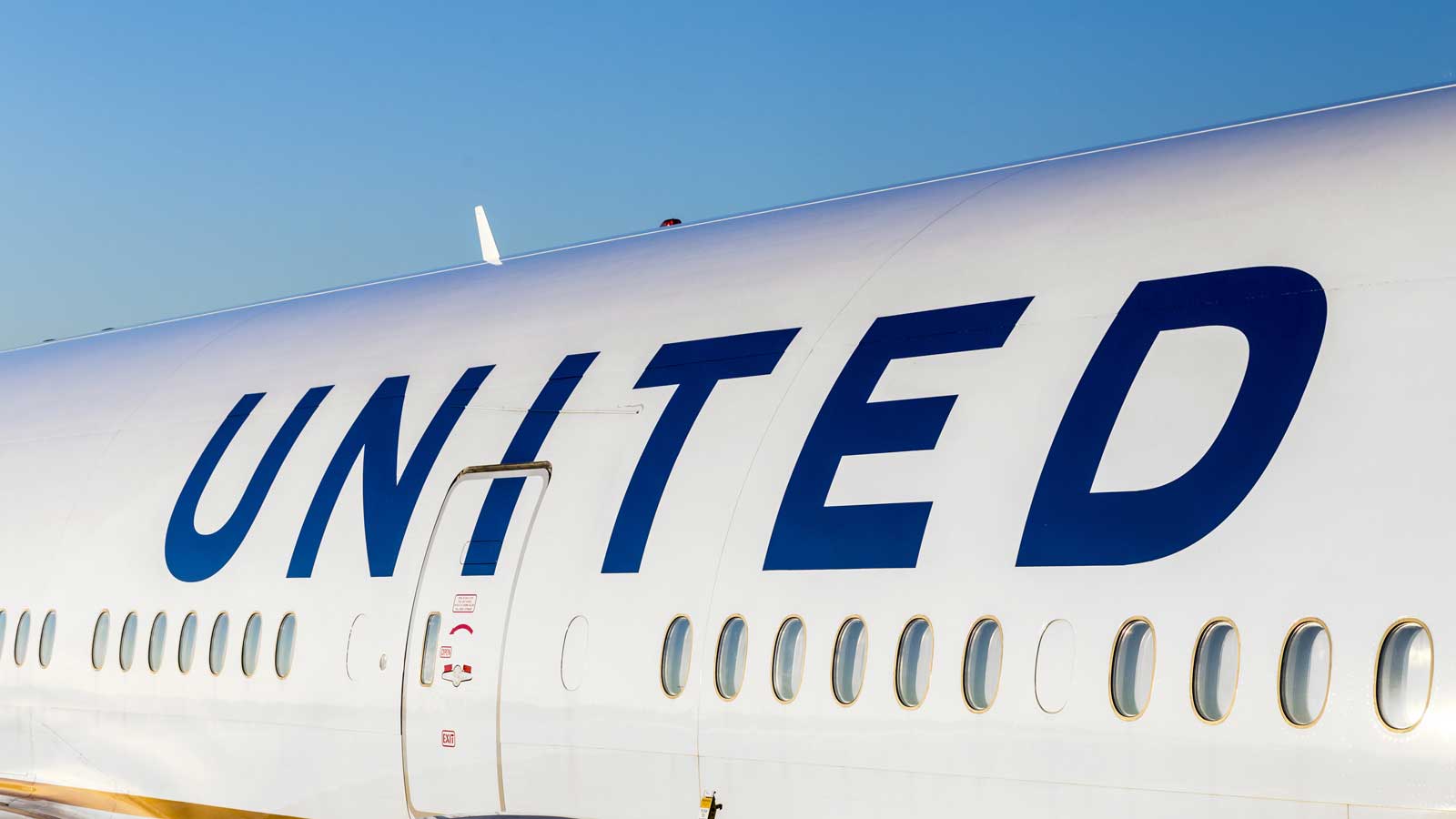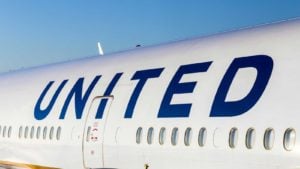A recent survey bodes well for airlines, including United Airlines (NASDAQ:UAL). Other good signs for the sector’s names, particularly UAL stock, are the continuously rising momentum behind opening the economy, exceptionally low oil prices, and the proliferation of antibody tests.
New indications that the novel coronavirus may not be as deadly as previously thought should help United and other airlines in the longer run. There are signs that significant demand will likely return soon.
According to Forbes, a survey by the International Air Transport Association, or IATA, found that “14% of passengers said they would fly right away, while 60% said they would fly again … within one to two months of containment of the COVID-19 pandemic.” At first glance, that may not seem too positive for United Airlines. But further examination shows that the results aren’t really too bad at all.
It’s hard to know exactly what “containment” of the virus means or what those who took the survey think it means, though I’m using a working definition of “the action of keeping something harmful under control or within limits.”
The fact that the number of new cases has been declining in much of the U.S. could be viewed by some as indicating that the virus is “under control or within limits.” The notion that its fatality rate is much lower than expected, which appears to be the case, could also contribute to that idea.
In any case, let’s assume that half of the survey respondents in the wait-a-month-or-two-before-flying category start hitting the skies at the beginning of June. Add in the 14% who said they would fly right away and demand has returned to 44%. If business travelers — who may not want to fly but might have to — are added in, demand could reach well over 50% just six weeks from now.
The Opening Is Gathering Momentum Just as Oil Prices Are Low
Across the U.S., each day, more and more political leaders are talking about reopening the economy. Multiple states with Republican governors, including Arizona, South Carolina, Texas, Georgia, Florida and Ohio look poised to open most of their businesses soon or have already done so.
Moreover, a number of Democrats are starting to sound open to lifting some closures soon. For example, Michigan’s governor said that some businesses will be open May 1, New York’s governor indicated that he would consider reopening the less hard-hit areas of his state in the near-term, and Nevada’s governor said he would “soon” unveil a plan to open the state’s economy.
As I’ve noted previously, openings are key for the airlines because consumers will only fly if there are places to eat and things to do at their destinations.
Meanwhile, the exceptionally low oil prices will also help airlines, including United. IATA has reported that in 2019, fuel accounted for nearly 24% of airlines’ total expenses. That means that, if jet fuel is 50% cheaper in June than it was a year ago, United’s overall expenses could be 12% lower. A demand drop of 40%, offset by an expense decline of 12%, should not leave United or its peers in such terrible shape.
Antibody Tests and Lower Fatality Rates
Antibody tests, which determine whether people have already had the virus, are proliferating widely. For example, Quest Diagnostics (NYSE:DGX) recently said it would start administering antibody tests. The company expects to be able to carry out 7,000 tests per day initially and 150,000 tests per day by early May “at more than 20 labs across the U.S.” Although there have been worries about the accuracy of the tests, diagnostics that are nearly 100% have already been developed.
A recent study conducted by the University of Southern California and the L.A. County Department of Public Health found that about 4% of the county’s residents had an antibody to the virus. As the weeks go by, more and more Americans will take an antibody test and get a favorable result. Those who get such a result will not be very afraid of flying on United.
Another reason Americans will become less afraid of the virus and of flying is the fact that the virus’ fatality rate is much lower than previously thought. The Los Angeles study reportedly indicated that just 0.1%-0.3% of those who get the illness die from it.
Bottom Line on UAL Stock
Investors will have a chance to see how badly the health crisis hit United when the carrier reports first-quarter earnings later this week on May 1. Zacks reported over the weekend that analysts expect UAL stock to post a loss of $3.27 per share, which would be a whopping year-over-year decline of 384.35%. The tracking firm said its latest consensus estimate called for revenue of $7.99 billion, down 16.71% from the prior-year quarter.
UAL stock is down 30% in the past month, nearly twice the drop of industry peers, as reflected in the 17.9% decline in the U.S. Global Jets ETF (NYSEArca:JETS) over the same period. United stock is the exchange-traded fund’s fourth-largest holding, at 9.44%, of a 34 stock portfolio.
But looking ahead, the IATA survey results indicate that at least 50% of United’s pre-crisis traffic should return by June. The antibody tests, reopenings, and reduced fear of the virus will likely push the percentage significantly above 50%. Meanwhile, low oil prices will greatly reduce the company’s costs.
Given all these trends, investors should buy United stock at its current levels.
Larry Ramer has conducted research and written articles on U.S. stocks for 13 years. He has been employed by The Fly and Israel’s largest business newspaper, Globes. Larry began writing columns for InvestorPlace in 2015. Among his highly successful, contrarian picks have been GE, solar stocks and Snap. You can reach him on StockTwits at @larryramer. As of this writing, he did not own any shares of the aforementioned companies.

